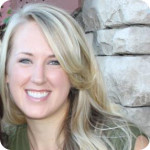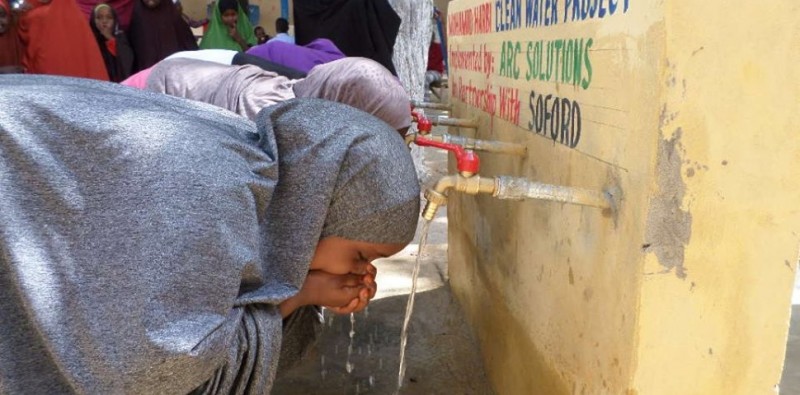Is Water a Justice Issue? Accessing Clean Water in Conflict Zones
 This week, VJN has invited Erin Boettcher to share her thoughts on water as a justice issue. Erin Boettcher is Director of Program Excellence & Strategic Partnerships for Arc Solutions. She just graduated from the Josef Korbel School of International Studies at the University of Denver with a Master’s in International Development and a certificate in Global Health. She lives in Denver, Colorado where she attends Ethos Vineyard Church. You can continue the conversation with Erin: [email] erinboettcher@ilovearc.org [Twitter] @Erin_Boettcher
This week, VJN has invited Erin Boettcher to share her thoughts on water as a justice issue. Erin Boettcher is Director of Program Excellence & Strategic Partnerships for Arc Solutions. She just graduated from the Josef Korbel School of International Studies at the University of Denver with a Master’s in International Development and a certificate in Global Health. She lives in Denver, Colorado where she attends Ethos Vineyard Church. You can continue the conversation with Erin: [email] erinboettcher@ilovearc.org [Twitter] @Erin_Boettcher
Many of us have heard the startling statistics about the global water crisis. 780 million people around the world lack access to improved water sources, about 1 out of every 9 people [1]. Something we can so easily take for granted, like turning on a faucet and filling a glass with clean water, is out of reach for many people around the world. The water crisis is complex and is influenced by a variety of issues including urbanization, politics, and economics. But I firmly believe that the lack of clean water for so many around the world is most fundamentally a justice issue.
Water itself is one of the most basic human needs. Humans can survive for around 21 days without food, but less than 7 days without water [2]. 60% of the human body is made up of water, as it is an essential component to keep each part of our bodies functioning [2]. As such a crucial aspect of life, access to sufficient amounts of water can be considered one of the most basic human rights. All people should be able to get enough water each day to sustain their lives and for other important activities like washing, cooking, and household cleaning.
In addition to the importance of water to the human body’s functioning, the quality of water is also crucial. While 1 in 9 lack access to improved water sources, many more lack access to clean and safe water. As a result, 3.4 million people die each year as a result of waterborne diseases, most of these children under 5 years old [3]. Illustrated another way, lack of water and sanitation kills more people globally than war and conflict. It is difficult to fathom that the very water the human body needs to live could also lead to disease and death for so many men, women, and children around the world.
One of the aspects of water I find most striking is the lack of clean water in conflict zones. As Director of Program Excellence for Arc Solutions, an organization that works to provide clean water for people living in conflict zones like Somalia and the Central African Republic, I have witnessed both how widespread the need is for clean water in conflict zones and how far the international community has fallen short in meeting this need. A person living in a conflict zone is three times more likely to lack access to clean water than someone living in a peaceful country. Clearly this is a grave injustice, as a person has no control over whether they are born in a peaceful or war-torn country. Clean water, as a basic human need, should be available to all people no matter the state of their countries.
Remarkable progress has been made in recent years to provide more and more people with clean drinking water, However, we must not forget about our brothers and sisters who are already struggling through life in places of conflict, in addition to being without safe sources of water. Let us continue to pursue justice in all it’s forms, including through the provision of safe water for all people.
[1] WHO/UNICEF Joint Monitoring Programme (JMP) for Water Supply and Sanitation. (2012).
[2] Business Insider. “How Many Days Can You Survive Without Water?” (2014).
[3] World Health Organization (WHO). (2008). “Safer Water, Better Health: Costs, benefits, and sustainability of interventions to protect and promote health.”

